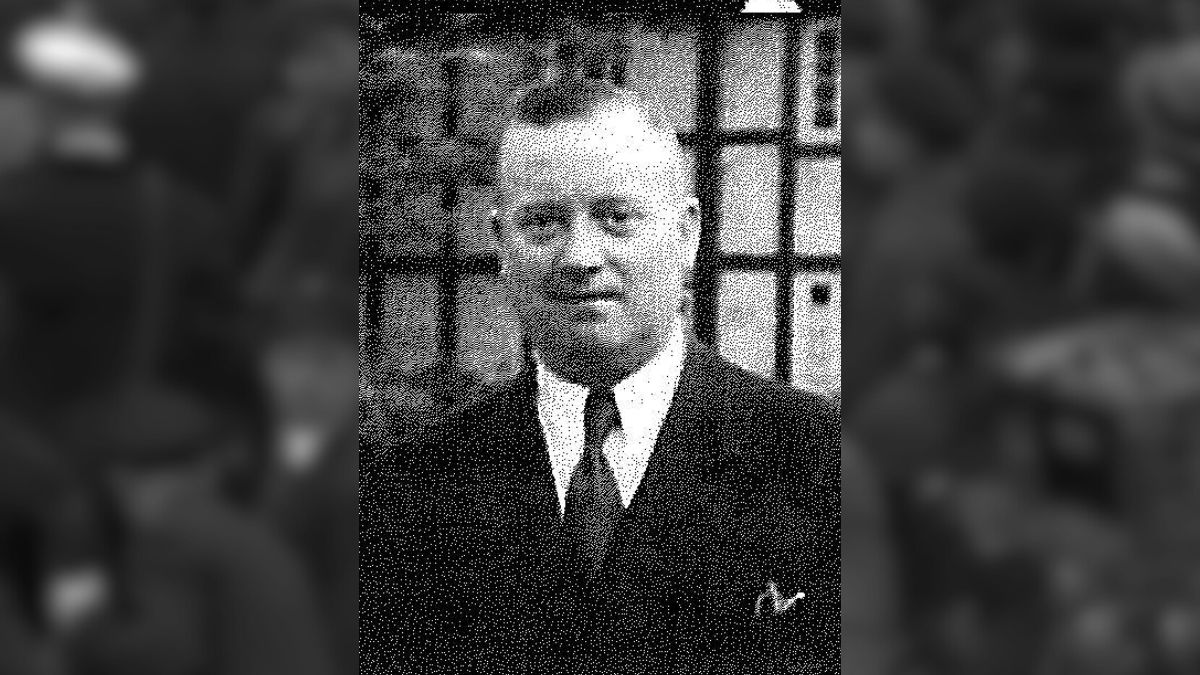

Arts, Media, and Entertainment
Hell on Earth
If you want to get depressed in hurry, watch a lot of science-fiction movies. Think of Blade Runner, the definitive science-fiction film of our time. It portrays Los Angeles as a decayed ruin, populated by swarms of wretches who speak an unintelligible street dialect. Announcements urge people to flee the wreckage of civilization by settling on other planets. In theological terms, the vision of the world one often gets from sci-fi films like this is one of devastation due to human sin, but without any hope of redemption: It's existential despair. This grim vision of the future can also be seen in the Matrix and Terminator films, where human folly and hubris have destroyed civilization and led to mankind's enslavement and possible extinction. Other science-fiction/fantasy films, like The Crow and Strange Days, depict a world where chaos, not order, is the rule. Human civilization is an out-of-control dystopia with zombie-like people escaping into drugs and virtual reality games. These violent and depressing movies may not appeal to many of us. But as Brian Godawa reminds us in his book, Hollywood Worldviews, Christians need to be aware that like other elements of pop culture, science-fiction films convey worldviews and impact millions. On the surface, the worldview of many sci-fi films resembles a Christian one. The characters' predicament isn't purely the product of some malevolent force. Instead, it's the tragic consequence of willful human action. In effect, they're punished for sins. But the similarity is only superficial. As Thomas Hibbs of Boston College has written, this is nihilism, not Christianity. While the films see "violence and ineradicable guilt as the underlying truth about the human condition," they're missing a belief in Providence: the idea that there's a God who "sustains, nourishes, and cares for everything He has made." This lack makes sense when you recall how naturalism -- the belief that nature is all there is -- permeates science fiction. Without God, redemption is no option. Instead of heroes acting on Providence's behalf, this leaves us with protagonists who are scarcely more sympathetic than the films' bad guys or who are like the cop in Blade Runner, described as a "one-man slaughterhouse." What's more, in these films, the forces of evil and darkness -- if you can identify them at all -- are almost never defeated decisively. We never learn what happens to the cop in Blade Runner, and there seems no end to the supply of killer machines in the Terminator films. Part of this, of course, is deliberate to allow for sequel films. But part of it is that, in a world without Providence, evil can never be decisively defeated. So, as the credits role, L.A. is still a dystopia. Given the popularity of science fiction, it's important to understand the worldview at work in these films. Brian Godawa's book is a great help. Call us here today for your copy (1-877-3-CALLBP). We ought to be prepared to help our kids contrast these worldviews with Christian teaching on sin and redemption. If we do, they'll realize that their future isn't nearly as depressing as it might seem when they go to the movies.
06/24/03















